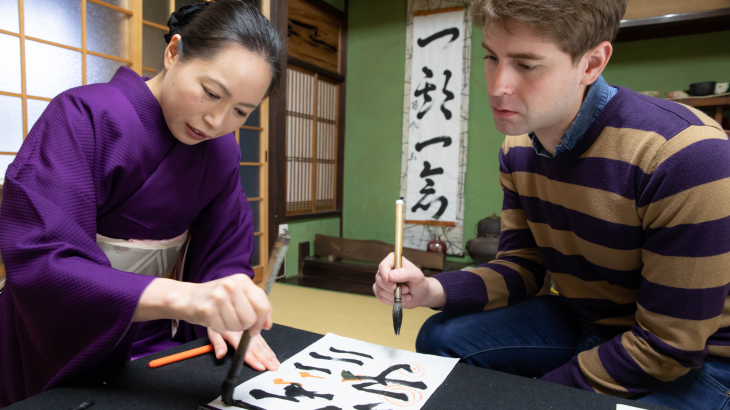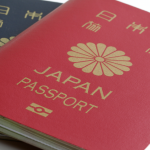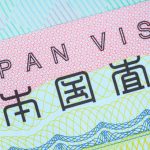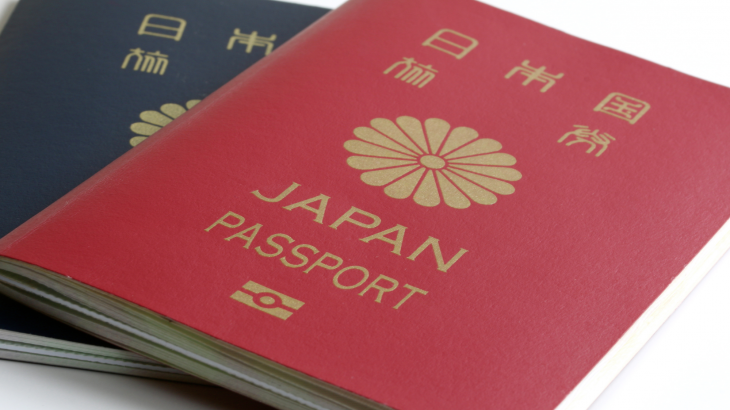For foreigners considering long-term stay in Japan, “permanent residency” and “naturalization” are important options. However, only a few understand exactly what “permanent residency” and “naturalization” mean and their differences.
This article will explain the definitions and differences between permanent residency and naturalization, providing information so you can understand clearly and make the best choice for yourself. Foreigners wishing to live long-term in Japan should refer to this article.
Permanent Residence Visa
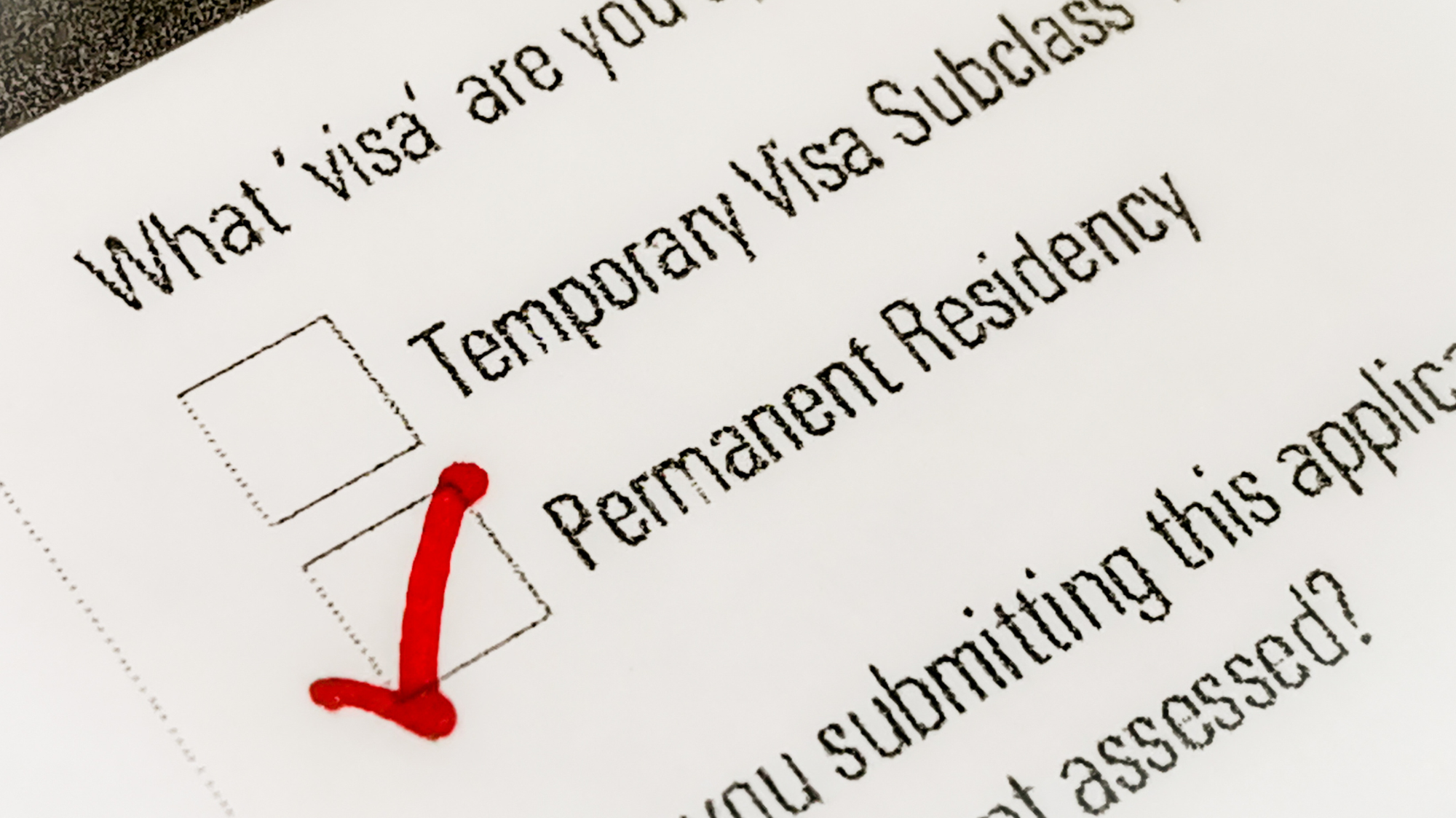
Foreigners who get permanent residence will have the right to permanently reside in Japan without a time limit. Foreigners with permanent residency can engage in all activities in Japan, including employment, and enjoy the same benefits in society as a Japanese citizen.
Additionally, those holding permanent residency will have much simpler re-entry procedures compared to a regular visa, making it easier to travel freely between Japan and other countries.
Benefits of having a permanent residence card
- Elimination of employment restrictions: Those holding a permanent residence card can work in many professions, expanding their career choices.
- Stabilizing life: Can apply for long-term home loans and participate in the public social insurance system.
Requirements for permanent residency
To achieve permanent residency, the following main conditions must be met:
- Live in Japan for a certain period (usually more than 10 years)
- Display good conduct
- Annual income is continuously over 3 million yen in 5 years
- Sufficient ability about Japanese
- Proof of intent to reside in Japan long-term
- Having a guarantor (Japanese citizen or permanent resident)
Naturalization
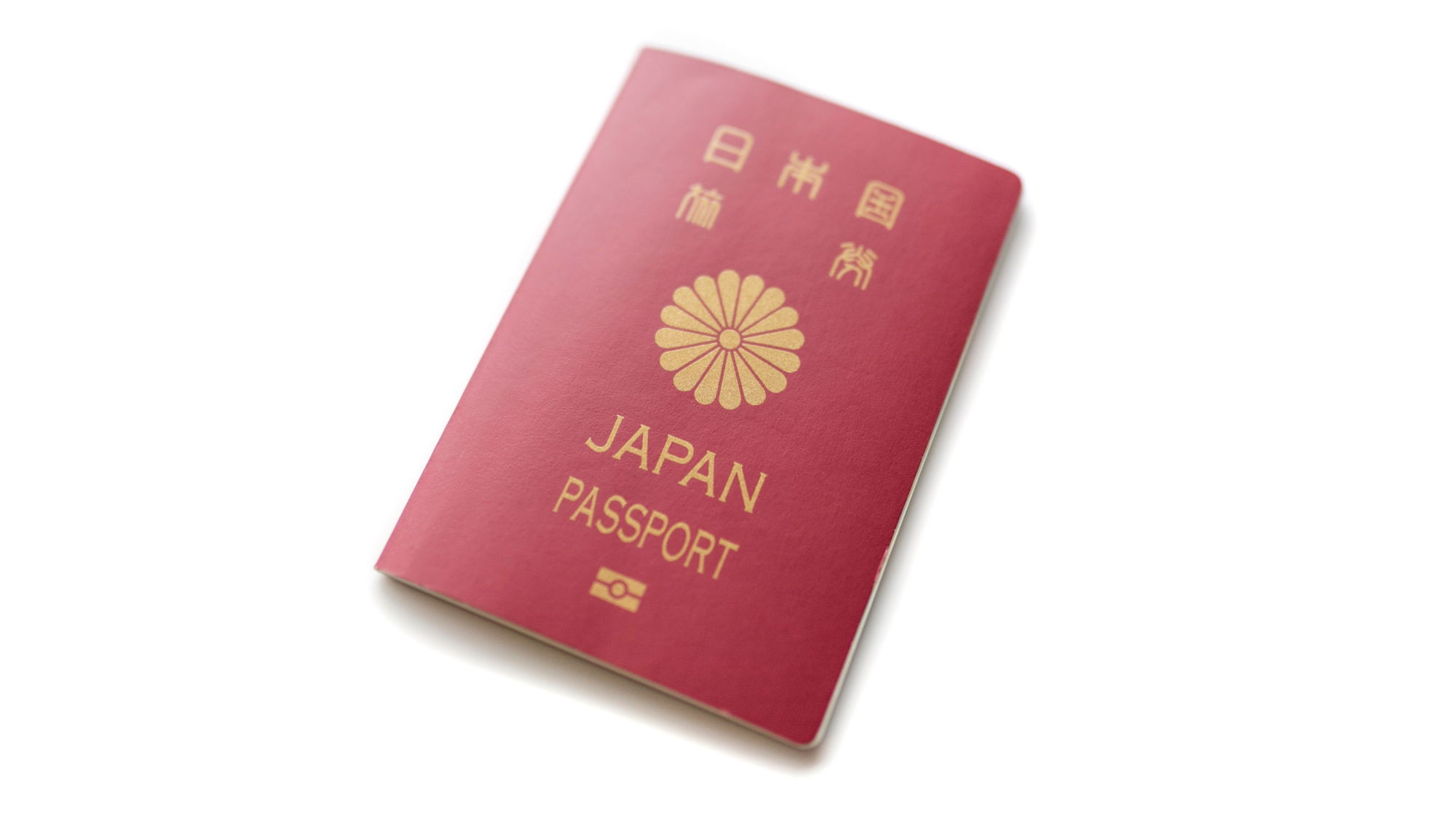
The process of acquiring Japanese nationality, also known as naturalization or citizenship, is the process through which a foreigner can become a Japanese citizen and, thereby, gain most of the rights and obligations under Japanese law as a Japanese citizen. The naturalization process is not just about staying in Japan for a long time but also about integrating into Japanese society and nation.
Benefits of Naturalization
- Gain rights: Such as the right to vote along with most other benefits of a Japanese citizen. This includes the right to work in public service and the right to work in professions restricted by law.
- Travel freely: in and out of Japan without a re-entry permit and without time limitation as a Japanese citizen.
- Receive a Japanese passport: Can visit many countries without a visa, increasing international travel freedom.
Conditions for Naturalization
- Must live in Japan for a certain period (usually 5 years or more).
- Have a stable income.
- Have sufficient Japanese language ability to adapt to Japanese society.
- Respect the Constitution and Laws of Japan.
- Participate in a naturalization interview if required.
Difference between Permanent Residency and Naturalization
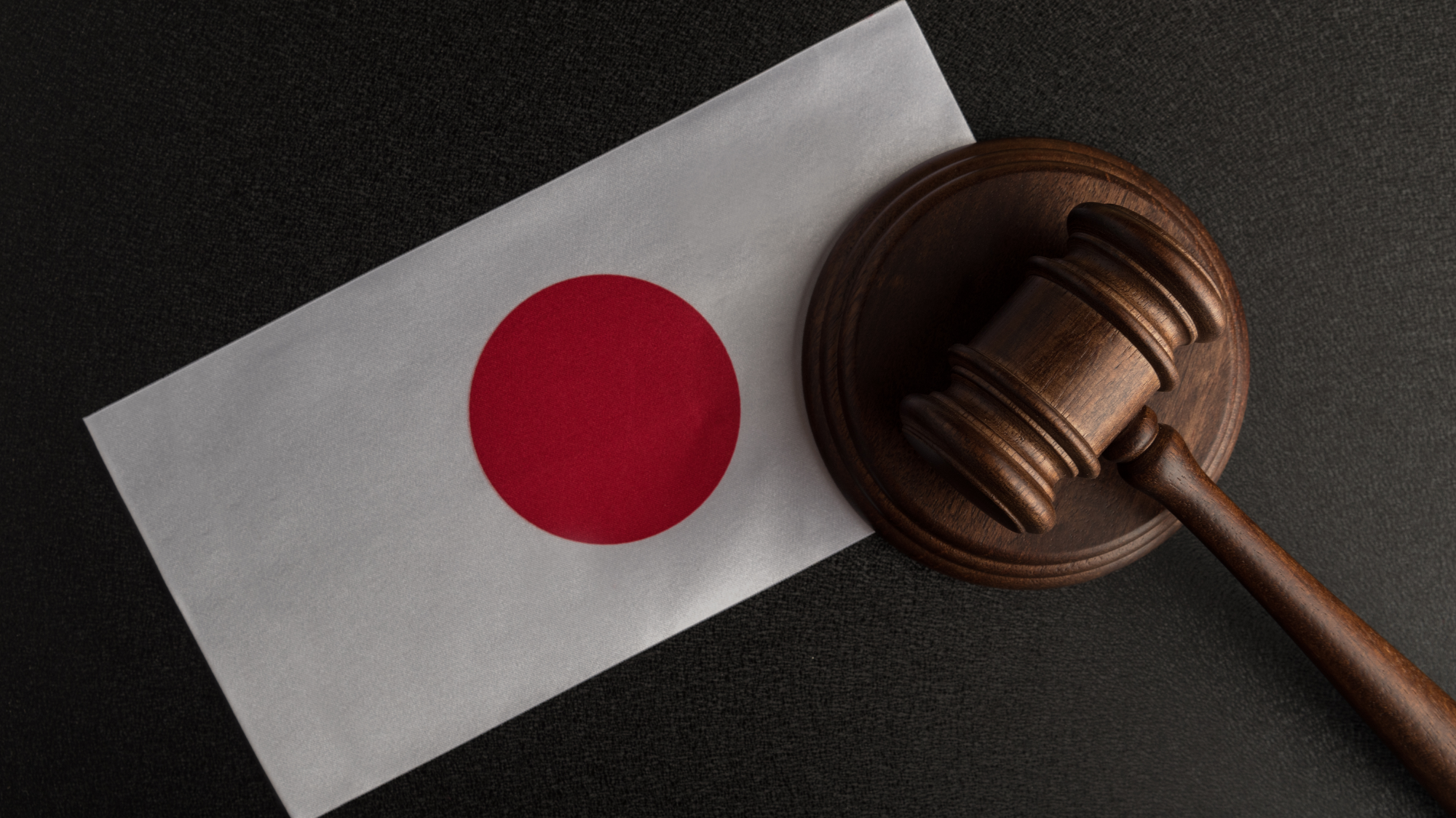
The main difference between permanent residency and naturalization lies in legal status and social rights. Permanent residents enjoy many freedoms and benefits but do not have the full benefits of Japanese citizens. For example, they do not have the right to vote and are restricted from working in certain public servant positions. In contrast, naturalization grants most of the rights and obligations of Japanese citizens, including these benefits.
Permanent residency is suitable for foreigners seeking a long-term and stable life in Japan, while naturalization is suitable for those who want Japanese citizenship rights. Depending on individual circumstances, goals, and long-term plans, the choice will bring different values.
Moreover, obtaining permanent residency is often considered easier than the naturalization process that grants Japanese citizenship. However, comparing the conditions for obtaining permanent residency and naturalization, it can be seen that obtaining permanent residency imposes stricter conditions. Specifically, to obtain permanent residency, you need an annual income of over 3 million yen for at least 5 consecutive years, as well as more than 10 years of residency history in Japan. Considering these conditions, it can be said that obtaining permanent residency is more difficult than naturalization.
The process to achieve permanent residency in Japan

The process to achieve permanent residency in Japan includes several strict steps and requires meeting many conditions. Here is an explanation of the basic steps to achieve permanent residency in Japan.
1. Check conditions
Before applying for permanent residency, you need to check whether all necessary conditions have been met. This includes long-term continuous residence in Japan (usually more than 10 years), stable income, good conduct record, and sufficient Japanese language ability.
2. Prepare necessary documents
The application needs various documents such as proof of residence, proof of income, proof of tax payment, a recommendation letter from a guarantor, etc. These documents are used to prove the applicant’s economic and social situation.
3. Submit the application
After preparing all the documents, submit them along with the application for permanent residency to the nearest immigration bureau. The application includes personal information, residence history, work history, family structure, etc.
4. Review
After submitting the documents, the immigration bureau starts the review process. At this stage, they determine whether the applicant meets the conditions for permanent residency. The review time can vary depending on the situation and can range from a few months to over a year.
5. Notification of results
After the review is complete, the results will be notified to the applicant. If approved, a permanent residency certificate will be issued, and the applicant officially achieves permanent residency in Japan.
6. Update residency card
After obtaining permanent residency, you will receive a new residency card for permanent residents. This card acts as an identity document within Japan and needs to be updated as necessary.
The process to achieve permanent residency is complex and time-consuming, but careful preparation and complete application submission are key to a smooth application process and achieving residency.
Details on the naturalization application process will be introduced in another article.
Choosing between Permanent Residency and Naturalization

For foreigners considering long-term living in Japan, permanent residency and naturalization are two major concerns. The choice depends largely on individual goals, values, and living situations. Below are some points to consider when deciding between permanent residency and naturalization.
Goals
- Permanent residency: Suitable for those who want to live and work long-term in Japan but wish to retain their original nationality. Permanent residency allows for great freedom in work and life but does not guarantee political rights.
- Naturalization: Suitable for those who want to fully integrate into Japanese society, wishing to have the rights and obligations as a Japanese citizen. Naturalization ensures most citizen rights, including the right to vote and the possibility of obtaining a Japanese passport.
Living situation and future plans
- Family situation: If the family is living in Japan or there’s a possibility of having a family in Japan in the future, the family structure may influence the decision on achieving permanent residency or naturalization.
- Career: If there’s a desire to work in certain fields or become a civil servant, there may be restrictions for non-Japanese citizens. This can be a motivating factor to choose naturalization.
Integrating into Japanese Society
- Language and Culture: Proficiency in Japanese and the ability to adapt to Japanese culture are important factors when considering obtaining permanent residency or naturalization. Naturalization is seen as a significant step in integrating and understanding Japanese society deeply.
- Contributing to Society: If you highly consider contributing values to Japanese society, naturalization can make social integration more positive.
Choosing between permanent residency and naturalization is a crucial decision for one’s future. You should carefully consider your goals, values, and living situation to make the best and most suitable choice.
Summary
Obtaining permanent residency brings countless invaluable benefits such as the freedom to work, access to social welfare services, and improved quality of life. This makes long-term residence in Japan feasible. The process for applying for permanent residency is complex, and to have an application accepted, it requires thorough preparation and understanding, but it is an important step towards making a long-term life in Japan a reality.
When considering your future plans in Japan, summing personal goals and living situation is very important. Hopefully, this article does bring useful information for your choice between permanent residency and naturalization.

